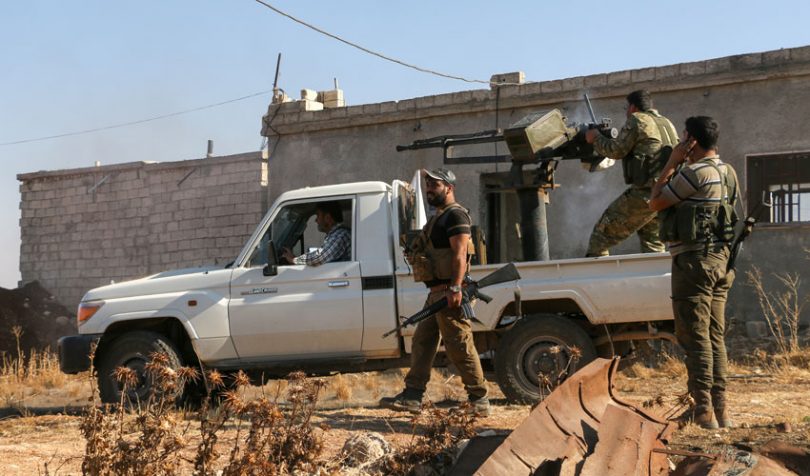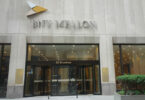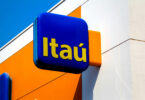Today Hedera Hashgraph announced that Hala Systems has adopted its distributed ledger technology (DLT). Hala is a wartech social enterprise that provides an early warning system ‘Sentry’ for conflicts and natural disasters, which it says is heavily used in Syria. Hedera provides Hala with a logging system for photos, video and audio.
“Hala Sentry empowers civilians to record immutable data from their smartphones, warning others of potential dangers, accurately documenting events as they happen, and providing global stakeholders with credible records upon which to base decisions,” says John Jaeger CEO of Hala Systems.
However, Jaeger notes that by using Sentry users can be “confident about its authenticity”. DLT means that once data is on the network, it’s rather hard to tamper with. But as with all blockchains and DLTs, whether or not the data was manipulated beforehand is another question.
With Sentry, remote sensors and artificial intelligence help identify information such as sirens, visual warnings, and even social medial alerts. It also enables humanitarian organizations to focus their efforts. Plus Sentry also documents war crimes.
The company claims that “an analysis of multiple offensives in northwest Syria since 2017, Sentry was correlated with a 10-30% mean reduction in net casualty rates due to airstrikes.” It says it issues 140 warnings a day.
Hala isn’t using Hedera’s full power and its smart contracts but instead is using the Hedera Consensus Service (HCS), which provides a timestamping function. Events are signed by a camera’s keys and logged on the network. Because the HCS doesn’t carry all the overhead of supporting smart contracts, it’s rather fast, which is important for the nature of the use case.
Ethereum house ConsenSys has a case study about Hala on its website. Hedera claims Hala found Ethereum unsuitable for its use case because of speed and variable fees. But most likely the primary reason for the switch was the very high costs during the DeFi boom.
“Together with the company’s other partners, including the United Nations, U.K. Foreign Commonwealth and Development Office, the U.S. State Department, and other foreign ministries, we look forward to being part of this conflict management solution,” said Mance Harmon, CEO of Hedera Hashgraph.
Hedera is the enterprise-focused DLT with 15 organizations on its governing council, including 13 large enterprises such as Boeing, Google, IBM and FIS.






